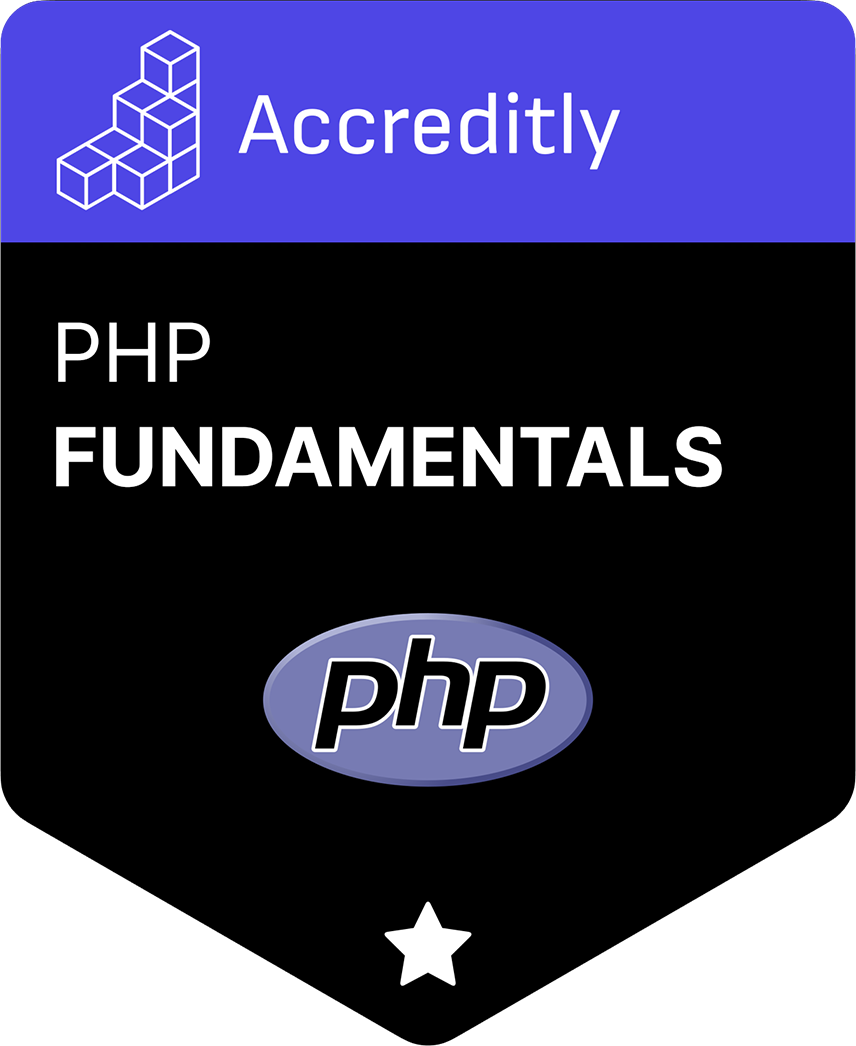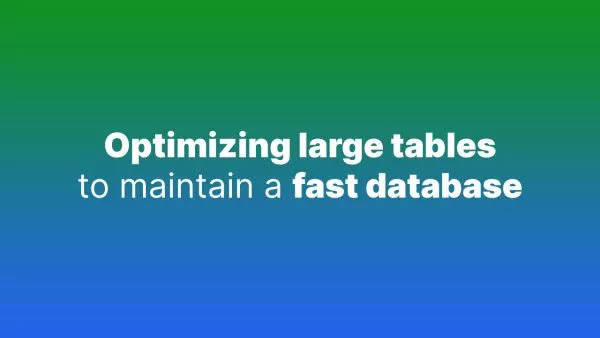- Understanding the Query Builder
- Crafting Simple Conditions
- Chaining Conditions
- Array-Based Conditions
- Utilizing OrWhere
- Conditional Wheres
- Eloquent Shortcuts
Laravel's Query Builder is a gem in the world of web development. It simplifies the process of crafting SQL queries, making it more intuitive and less error-prone. One of its standout features is the 'Where' method, which streamlines complex queries. Let's delve into its intricacies.
Understanding the Query Builder
When you invoke a static method on a model, it's typically passed on to the Eloquent query builder. This is evident in the Builder class, where the 'where' method and its counterparts reside.
public static function __callStatic($method, $parameters) {
return (new static)->$method(...$parameters);
}
public function __call($method, $parameters) {
// ... other code ...
return $this->forwardCallTo($this->newQuery(), $method, $parameters);
}
The forwardCallTo function directs the method call to $this->newQuery(), which produces an instance of the Builder class.
/**
* Create a new query builder for the model's table.
*
* @return \Illuminate\Database\Eloquent\Builder
*/
public function newQuery() {
return $this->registerGlobalScopes($this->newQueryWithoutScopes());
}
The 'where' method in the Builder class is versatile, handling a plethora of cases. Let's explore them.
Crafting Simple Conditions
The most straightforward way to frame a condition in Laravel is by supplying the key and value to 'where'.
User::where('email', '[email protected]')->first()
This translates to:
SELECT * FROM users WHERE `email` = '[email protected]' LIMIT 1
Chaining Conditions
You can concatenate multiple 'where' conditions for more specific queries.
User::where('email', '[email protected]')
->where('first_name', 'Accred')->first()
This becomes:
SELECT * FROM users WHERE `email` = '[email protected]' AND `first_name` = 'Accred' LIMIT 1
Array-Based Conditions
You can also utilize an array to define multiple conditions.
User::where([
'email' => '[email protected]',
'last_name' => 'itly'
])->first()
This results in:
SELECT * FROM users WHERE `email` = '[email protected]' AND `last_name` = 'itly' LIMIT 1
Utilizing OrWhere
The 'OrWhere' method introduces an OR constraint to your queries.
User::where('email', '[email protected]')
->orWhere('first_name', 'Accred')->first()
For more complex scenarios involving OR:
User::where(function($q) {
$q->where('email', '[email protected]')
->orWhere('last_name', 'itly');
})
->where('first_name', 'Accred')
->first()
This is equivalent to:
SELECT * FROM `users` WHERE (`email` = '[email protected]' or `last_name` = 'itly') AND `first_name` = 'Accred' LIMIT 1
Conditional Wheres
Apply specific conditions based on a boolean.
$isActive = true;
User::where('email', '[email protected]')
->when($isActive, function($q) {
$q->where('first_name', 'Accred');
})->first()
Eloquent Shortcuts
Laravel provides shortcuts to make your life easier.
Dynamic Where Clauses
Using dynamic method names, you can quickly filter by column values:
User::whereEmail('[email protected]')->first()
This is equivalent to:
SELECT * FROM `users` WHERE `email` = '[email protected]' LIMIT 1
Combining Conditions
You can also combine multiple conditions using dynamic method names:
User::whereEmailAndFirstName('[email protected]', 'Accred')->first()
This translates to:
SELECT * FROM `users` WHERE `email` = '[email protected]' AND `first_name` = 'Accred' LIMIT 1
Using OR Conditions
For cases where you want to apply an OR condition:
User::whereEmailOrLastName('[email protected]', 'itly')->first()
This results in:
SELECT * FROM `users` WHERE `email` = '[email protected]' OR `last_name` = 'itly' LIMIT 1
Checking for NULL Values
To find records where a specific column is null:
User::whereNull('activated_at')->get()
This translates to:
SELECT * FROM `users` WHERE `activated_at` IS NULL
Applying NOT Conditions
For scenarios where you want to exclude certain values:
User::whereNot('status', 'inactive')->all()
This becomes:
SELECT * FROM `users` WHERE NOT `status` = 'inactive'
Checking for Non-NULL Values
A counterpart to the previous method:
User::whereNotNull('activated_at')->all()
This is equivalent to:
SELECT * FROM `users` WHERE `activated_at` IS NOT NULL
Eloquent is a very powerful ORM for Laravel which, when used properly can make your developer experience a more pleasant experience, but also a more productive one.
Interested in proving your knowledge of this topic? Take the PHP Fundamentals certification.
PHP Fundamentals
Covering the required knowledge to create and build web applications in PHP.
$99



